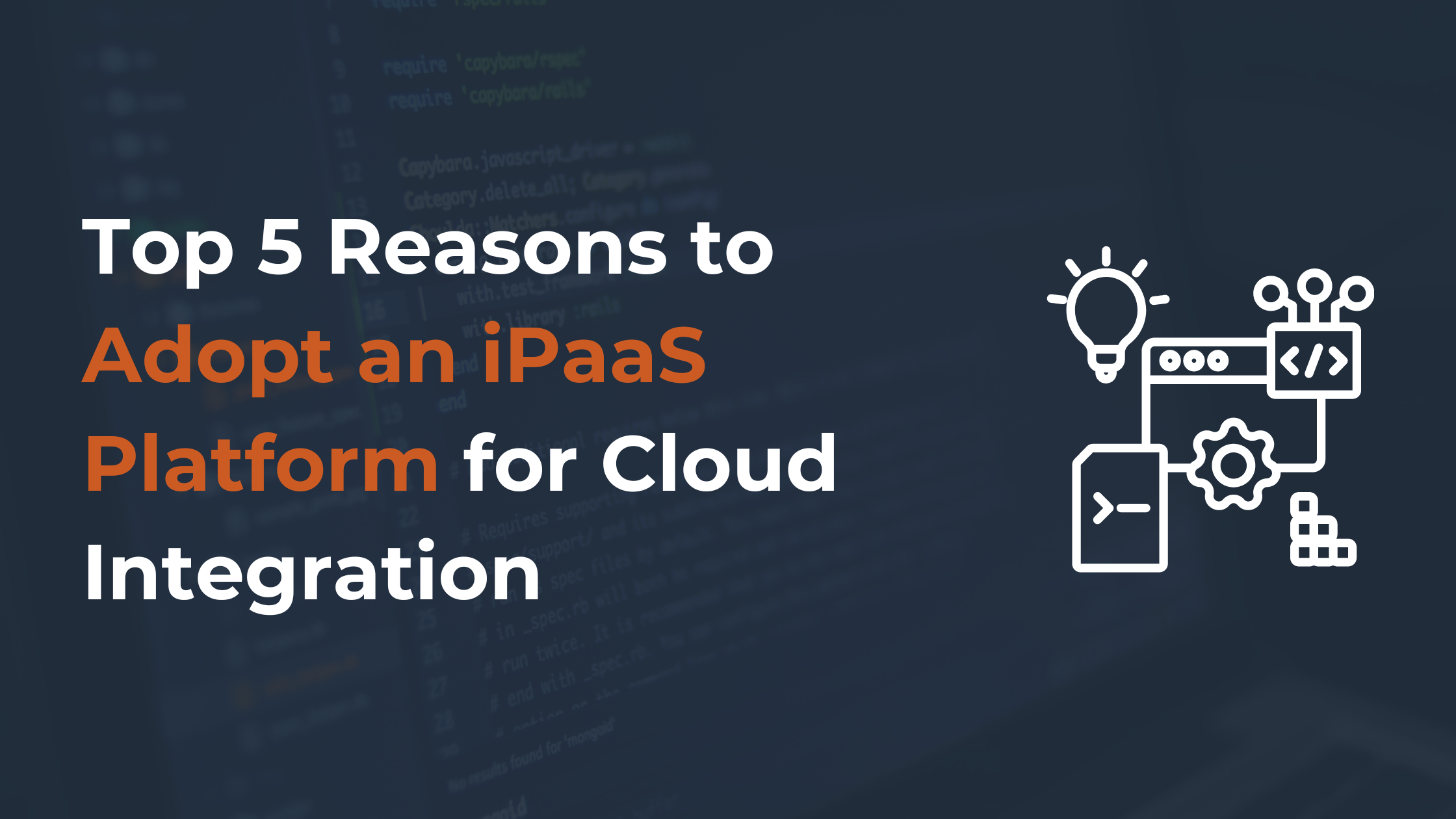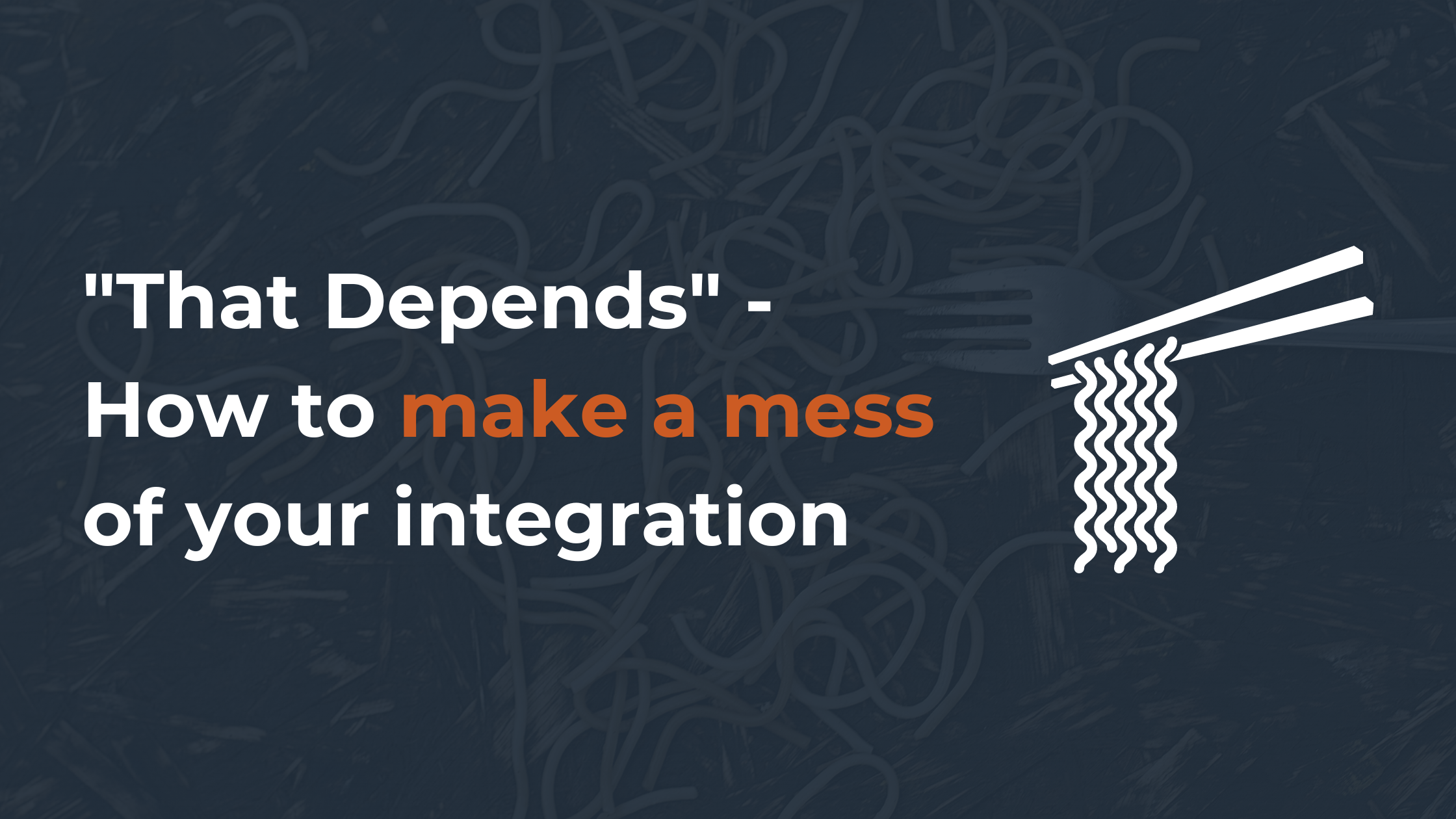Overview
Data management is the practice of safe, reliable, and cost-effective storage, retention, and use of data.
Data management aims to help companies, business owners, and related things optimize data use within the context of policy and regulation to make decisions and take measures that maximize the organization’s benefit.
As companies increasingly depend on intangible assets to generate value, a comprehensive data management strategy is becoming more critical than ever.
Have you already created such a strategy?
By the way, you can achieve successful data management in CRM systems like:
What does CRM data management mean?
CRM data management is the process of gathering crucial information on the potential customers and existing customers of your business, analyzing it, and using it to create long-lasting relationships with clients.
Additionally, your sales and marketing teams both depend on this information. Your CRM should provide insights into everything, including the industries in which your prospects work and details on the important decision-makers within the company. You should be able to access all this information without the need to scour through massive, unorganized mass data.
You can review your customers' interactions with your brand by using CRM data management. If done correctly, it can improve company relationships with clients, boost long-term retention, and result in ongoing sales growth.
You can create tailored marketing campaigns, build successful sales strategies, improve effective sales routes, and more through CRM management. And you can only do this if you follow the right CRM management practices to enhance the quality of your data.
[Related Article: 7 Tips for Getting the Most Out of HubSpot]
Why is data management critical?
Increasingly, data is seen as a corporate tool that can be used to make more informed business decisions, enhance marketing strategies, improve business processes, and decrease costs, all to increase sales and benefits.
But a lack of proper data management may saddle organizations with incompatible data silos, conflicting data sets, and issues with data quality that restrict their ability to run business intelligence (BI) and analytics applications—or, worse, lead to inaccurate results.
As corporations are subject to a growing array of regulatory enforcement standards, including data privacy and security laws such as GDPR, data management has also increased in importance.
Furthermore, businesses collect ever-larger data volumes and a broader range of data types, both characteristics of the big data systems that many have deployed. Such environments can become unwieldy and difficult to navigate without good data management.
How does poor CRM data affect business?
With unorganized data through poorly integrated systems, you risk sending irrelevant communications and losing great opportunities.
Poor data quality can negatively impact the brand and business in the following ways:
1. Loss of perspective and potential clients
Poor data causes a data disconnect, making it difficult to focus on the right customers. As a result, you cannot nurture leads with the perfect outreach, leading to missed opportunities and lost clients.
2. Affects Email Marketing
Poor data quality can have an impact on targeted email marketing campaigns. You can't send targeted emails with the right content at the right time to convert customers if you can't identify where they are in the buyer’s journey.
3. Robs your time
Time is money in the marketing sector. In order to avoid working with dead-end leads, it is always best to check. If you're backed up by poor-quality data, you're more likely to waste time on leads who aren't interested in making a purchase.
4. Leads to poor decisions
Inaccurate data provides misleading insights as a basis for your poor decisions. In the long term, incorrect or inadequate data might slow down the development of your business.
5. Effects on customer communication
If you misspell a customer's name or use outdated or inaccurate data, they can lose interest in the opportunity or service offered by your business.
6. Low ROI
Poor data causes unplanned costs. Cost overruns may happen when you ship a product to the wrong customer or apply price policies to the wrong customer segment.
Moreover, incorrect data results in poor CRM user adoption and missed opportunities, which costs businesses money and causes serious financial damage.
So, how do you can improve CRM data quality? Let's figure it out!
[Related Article: CRM migration checklist]
Invest in CRM for proper data management
Gone are the days when the only way for storing consumer data was a spreadsheet. Businesses that take data seriously can keep their customer information in a secure database, also known as a GDPR-compliant customer relationship management (CRM) tool.
CRM data management systems are designed to make it convenient and straightforward to coordinate and gather valuable information. Based on the data, they can also provide segmented consumer feedback, which is a great way to find improvement opportunities.
Having a CRM has a lot of benefits:
- All of your data is in one place
- You can track customer interactions
- You have a unified view of the customer
CRM can personalize many of your data-entry fields. To get an accurate snapshot of the details you need most. It is a tool that takes account of responsible data ownership but also has other advantages, such as organizing data, scaling your business, automating daily tasks, and gaining additional data insights through analytics.
CRM data management best practices
1. Create Strategy - Define clear data management processes
Each management decision should be backed by a plan that benefits your company’s ultimate objective. You can do more harm than good by only using CRM software and not following through with the correct implementation.
Having a good picture of why you collect data in the first place will help you avoid collecting unnecessary details that can only obstruct your method and reduce your salespeople’s productivity.
Here are some excellent objectives that should help you build a robust strategy:
- Create buyer personas
- Analyze customer buying patterns
- Improve the automation process
- Train your teams on data usage
- Create KPIs for data quality
2. Clean up your data
Customer information can become outdated quickly. According to one source, up to 25 percent of the average B2B marketer’s database is unreliable, impacting costs and consumer trust. Plan to clean up your files, in addition to providing a data backup plan.
What is that supposed to mean? Data such as email addresses, phone numbers, and home addresses should be validated and updated. Drop duplicates and delete your resource-wasting contacts. This kind of data cleaning increases the value of your current data.
Data cleansing helps you prevent errors and ensures that your clients have high-quality, detailed information to evaluate. As part of your CRM data quality control, think about data cleansing.
This is a big concern as it harms your customers’ trust and satisfaction, which in turn reduces your profits. This ensures that the emails, phone numbers, and customers’ addresses should be validated and updated.
3. Verify and enhance any incoming lead data
It's crucial to validate any new information that comes in after you've cleaned up your existing data.
It's likely that the information provided by potential customers who submit it through your company website or another similar channel won't always be complete or accurate. When you maintain clean data within your CRM database it can help you save money and time, and remove many headaches in the future.
Validating and enriching lead information involves the process of removing any duplicate data, correcting false data, and adding missing data. You have two options for doing this: manually or with reliable automated data cleansing software.
4. Make sure your employees see the value
If you don’t have your team on the same page, all of your management decisions and preparations will waste.
It could be not easy, just as with any new end-user adaptation of technology. If the workers are not familiar with CRM’s advantages, they will stop entering data into it. As managers may draw up reports in the old way, this can trigger even more hardships because they do not trust the data given by sales reps.
You need to hold staff meetings to build trust in your newly introduced CRM to show all CRM benefits. The key here is to embrace the new direction and influence your line managers’ rest of the workforce.
Getting big ideas about capturing and securing consumer information doesn’t mean anything if they can’t be put into action by your team. Invest time in training and education so that the workers know how data can be treated and interpreted. In the long run, creating a data-driven culture benefits the business.
5. Backup your data
Even though the chances of losing data are high, 58% of SMBs are not prepared for data loss. This statistic is even more alarming when you consider that “60% of SMBs that lose their data will shut down within six months.” Data backup and a recovery plan are essential for CRM database management.
In case there’s a problem with your system, you should have a well-guarded backup of all your client data. If you are careful to find a secure fail-safe, you will protect your clients and your business.
When making your data backup plan, here are some questions to consider:
- What is your budget for data backups?
- For your business, what kind of backup plan is best?
- Where are you going to put your backups?
- What’s your plan for recovery?
The right backup keeps client information safe and makes the organization a trustworthy partner. Trujay backup tool can be the right choice for you! To ensure everything is functioning correctly, you will also need to test your backup system, and Trujay offers a free sample.
6. Take security seriously
According to one study, the average cost of a data breach is $3.86 million. It’s estimated that small and medium-sized businesses (SMBs) experience average losses of $120,000 per data breach.
It would help if you had a strategy to keep the information secure. You collect personal data about customers from their home phone numbers s and addresses specifics about their company financials. It helps to create consumer confidence and can save the company from a major headache down the road.
7. Automate everyday tasks like data entry
Data entry processes can be automated to save your sales team time and increase the chance that your CRM will include accurate and complete records. Automation of CRM data helps reduce the possibility of duplicate, missing, or inaccurate data. Additionally, it will guarantee that your data is always relevant.
Your staff will have more time for more important work if you automate and cut down on the time they typically spend on manual tasks like entering CRM data.
Wrap Up
Big data in virtually every industry has implications for companies. Managing all that information is also becoming more and more critical. It continues to evolve more and more essential for real-time decision-making, keeping organizations competitive and customers involved. Thus, proper CRM data management is an essential part of any business.
So, don’t wait and invest in a CRM system to make your data organized and in one place.



.png)

